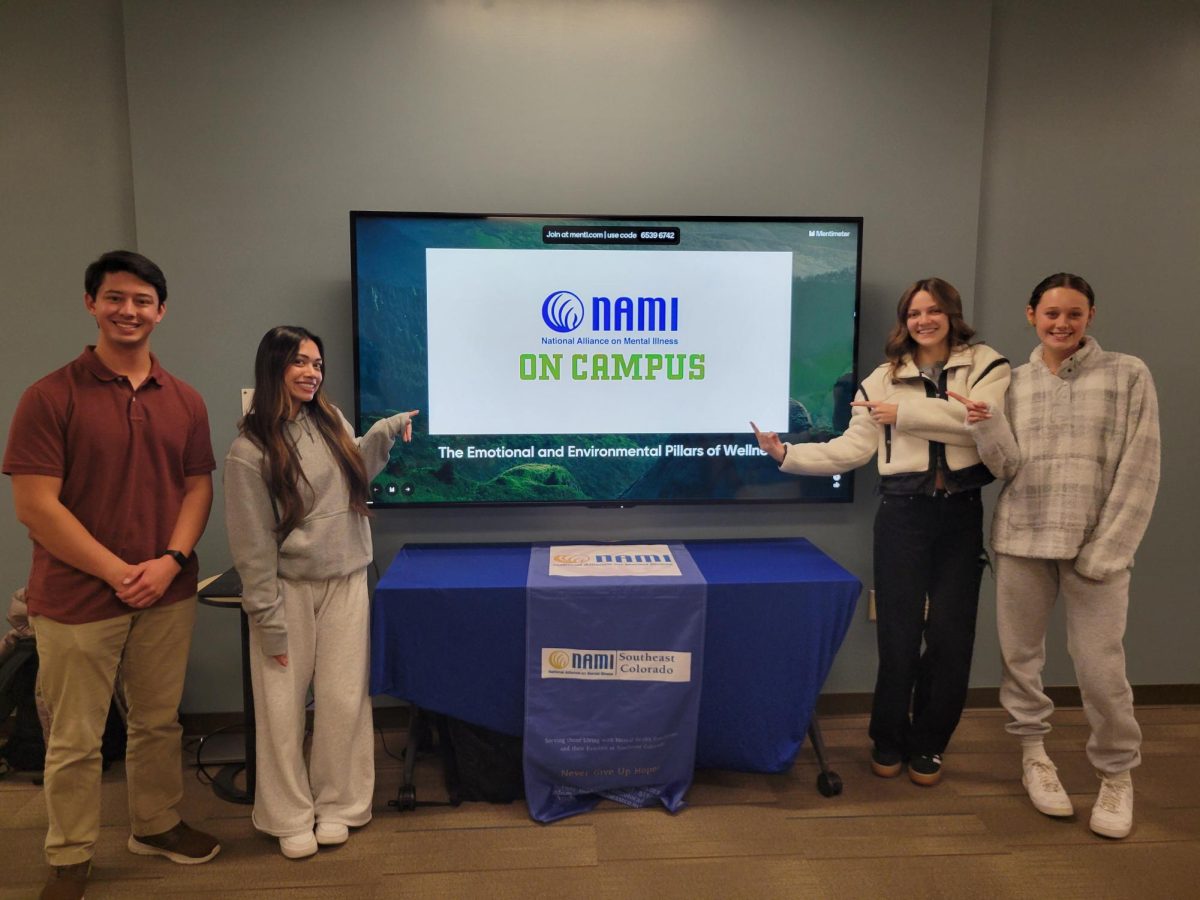Some adjunct teaching staff and groups such as Senior-to-Sophomore, a dual-credit program, learned last year that staff may be cut if they do not meet certain requirements.
With the many cuts currently looming at Colorado State University-Pueblo, instructors want to know how those cuts were determined, and whether they relate to the current cuts.
STS is a program designed to reach high school students who demonstrate aptitude at the college level. These students must meet enrollment qualifications with ACT scores, recommendations and, at times, entrance level tests. All these requirements must be met while the student also meets the requirements for high school in order to complete their senior year.
The STS teachers went to additional training and meetings, enrolled in university classes and submitted portfolios. The portfolio included items like resumes, proof of classwork, experience, letters of reflection and letters of proposals.
Teachers involved in this program come from places such as Colorado Springs, Canon City and Pueblo.
Many teachers were told they could no longer teach courses because they did not hold a master’s degree in the area they were supposed to teach. For example, an English teacher with a bachelor’s degree in English and a master’s in science is not allowed to teach English classes for the university any longer.
In some cases, teachers have been teaching in these programs for the university the majority of their careers.
“Unfortunately, we had to let a few members go because they did not have their master’s in chemistry. They were with us for quite some time,” said David Lehmpuhl, chair of the chemistry department.
Lehmpuhl went on to say that “the mandate came from Rick Kreminski, dean of science and math. Provost Carl Wright met with the deans of various departments to deliver this mandate.”
There are exceptions, however, according to Tanya Baird, assistant to the provost, in a statement released from the provost’s office.
“Yes, adjunct teachers have to have a master’s in their endorsed area of teaching, but we do make exceptions,” Baird said.
Lehmpuhl said the mandate was to meet audit concerns occurring in the next few years. The audit comes from the Higher Learning Commission of Accreditation, so his department is complying with the provost’s mandate.
The Health Academy, housed within a high school in Pueblo, is for those students interested in pursuing occupations in health-related fields. The curriculum is designed to focus on science and medicine. When students walk into the first classroom, they see hospital beds with mannequins lying there. Further back are several labs. When students exit the program they have the opportunity to leave with an Emergency Medical Technician certification.
“STS is a great program; it promotes college readiness. We have liaison instructors from the college who help us and we get additional training. Our syllabus requirements are the same, and must be approved by the department chair at the college,” said Jim Benedetto, a teacher in the Health Academy.
“It’s kind of sad that some opportunities will be lost to those students,” Benedetto said. “It’s the students who benefit from this program. We did lose our English STS teacher.”
“The program creates good will in the community. I think those students are college ready when they enter any university. Our university gets credit for those entry level classes,” Lehmpuhl said.
Lehmpuhl said he did not see any changes in class size, but that the students simply went into the next class in the sequence.







